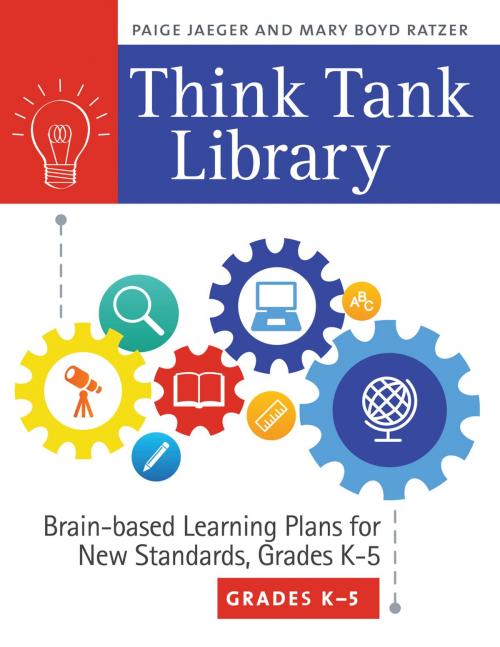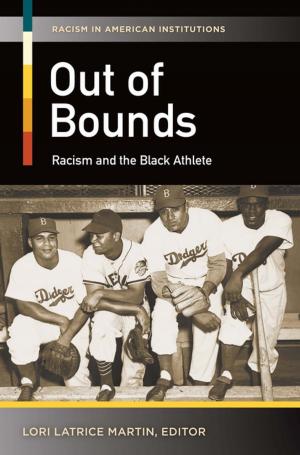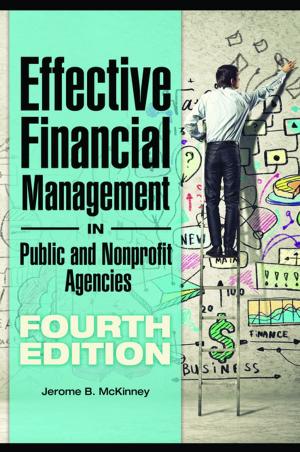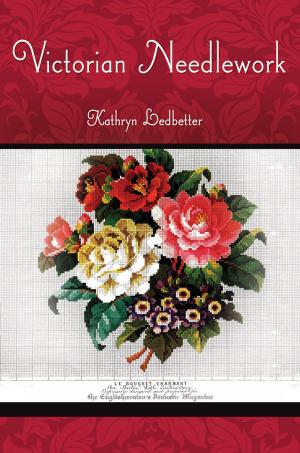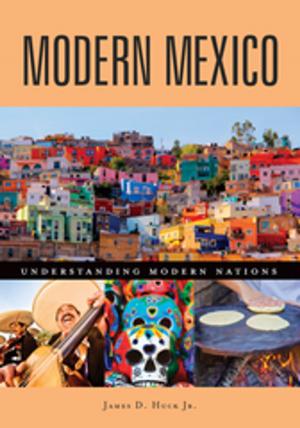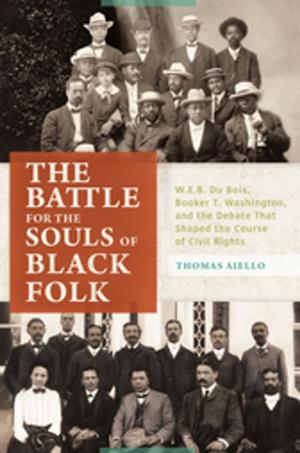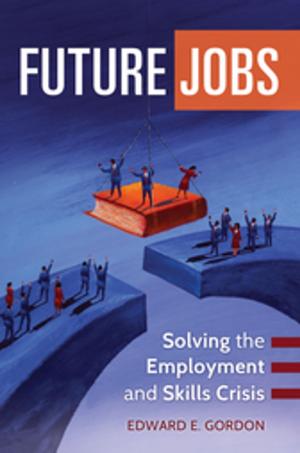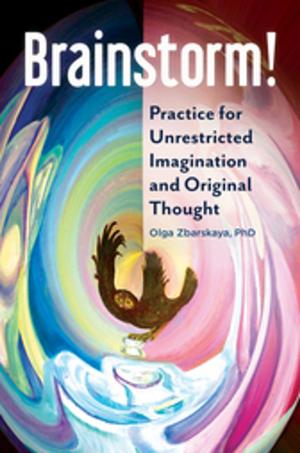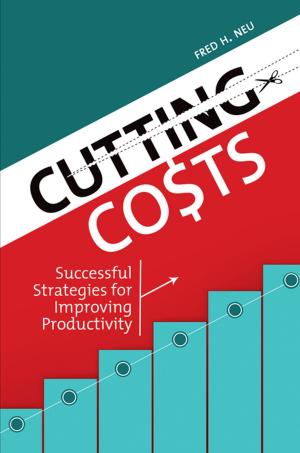Think Tank Library: Brain-Based Learning Plans for New Standards, Grades K–5
Nonfiction, Reference & Language, Language Arts, Library & Information Services, Study & Teaching| Author: | Mary Boyd Ratzer, Paige Jaeger | ISBN: | 9781610699914 |
| Publisher: | ABC-CLIO | Publication: | December 4, 2014 |
| Imprint: | Libraries Unlimited | Language: | English |
| Author: | Mary Boyd Ratzer, Paige Jaeger |
| ISBN: | 9781610699914 |
| Publisher: | ABC-CLIO |
| Publication: | December 4, 2014 |
| Imprint: | Libraries Unlimited |
| Language: | English |
The rigors of today's mandated academic standards can repurpose your library's role as a steward of the Common Core State Standards (CCSS) at your school. This guide will help you help teachers present exciting, field-tested lessons for elementary grades K through 5, addressing developmental steps and individual differences in key competencies in the CCSS. Authors and educators Mary Ratzer and Paige Jaeger illustrate how brain-based learning helps students become deep, critical thinkers and provide the lesson plans to coax the best thinking out of each child.
This tool book presents strategies to help learners progress from novice to expert thinker; challenge younger students with questions that lead to inquiry; incorporate "rigor" into lessons; and use model lesson plans to change instruction. Beginning chapters introduce the basics of instruction and provide ideas for expert cognitive growth of the brain. Sample lessons are aligned with key curriculum areas, including science, social studies, music, art, and physical education.
The rigors of today's mandated academic standards can repurpose your library's role as a steward of the Common Core State Standards (CCSS) at your school. This guide will help you help teachers present exciting, field-tested lessons for elementary grades K through 5, addressing developmental steps and individual differences in key competencies in the CCSS. Authors and educators Mary Ratzer and Paige Jaeger illustrate how brain-based learning helps students become deep, critical thinkers and provide the lesson plans to coax the best thinking out of each child.
This tool book presents strategies to help learners progress from novice to expert thinker; challenge younger students with questions that lead to inquiry; incorporate "rigor" into lessons; and use model lesson plans to change instruction. Beginning chapters introduce the basics of instruction and provide ideas for expert cognitive growth of the brain. Sample lessons are aligned with key curriculum areas, including science, social studies, music, art, and physical education.
